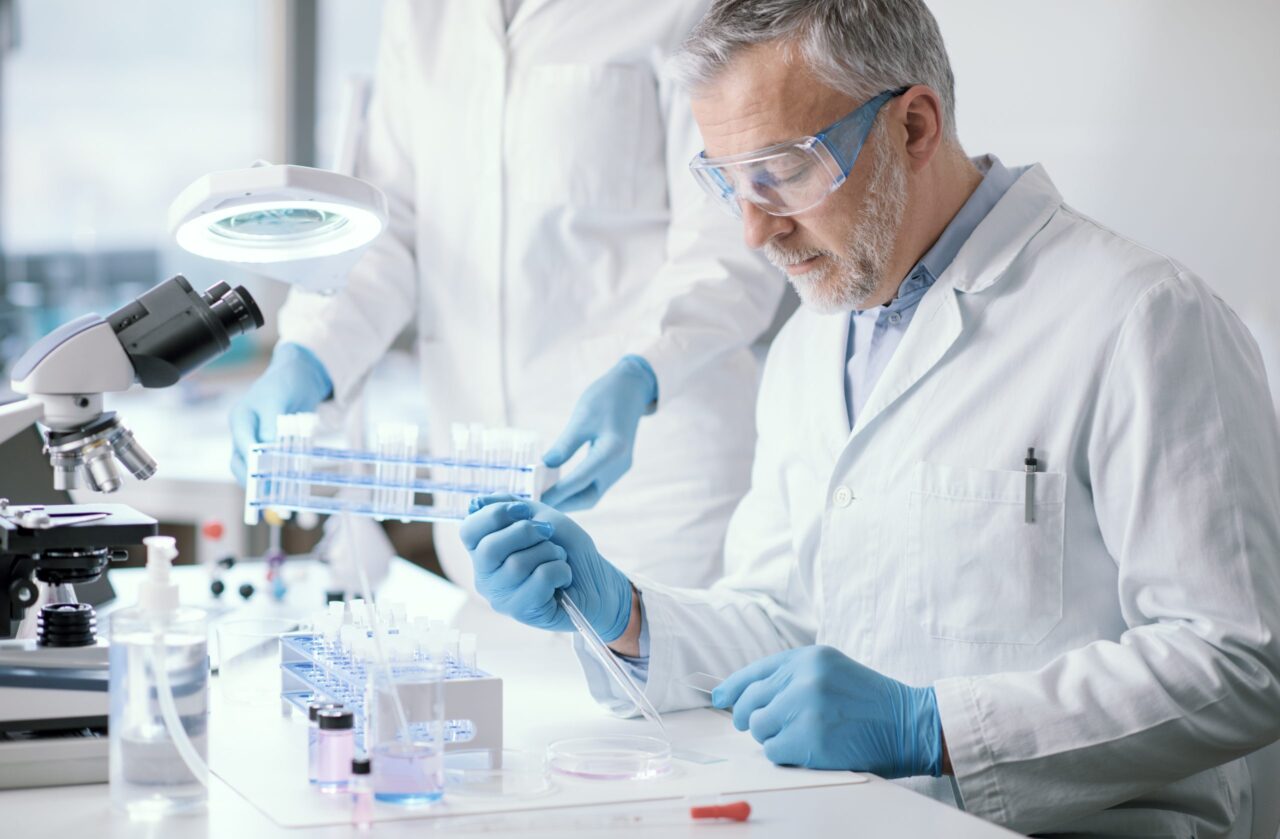The formalisms and applications of science are manifested through various experimental spaces, particularly in laboratories. However, not all laboratories follow the same methodology or have the same orientation. Physics laboratories, in fact, differ considerably from their counterparts in other fields of study.
This type of laboratory differs from other laboratories in their function and focus, the equipment and materials they use, and the safety and regulatory protocols they follow. These differences are essential to meet the objectives of the different fields of study and to ensure the safety and efficacy of scientific experimentation.
Role and Focus of Laboratories
On the surface, all laboratories appear similar: they are all designed to facilitate scientific experimentation and research. However, the difference lies in their function and focus. The applications of a physics laboratory are generally broader, since this field deals with the fundamental laws that govern the universe.
Experiments in a physics laboratory usually focus on studying natural phenomena such as acoustics, optics, thermodynamics, electrostatics, mechanics, among others. In contrast, a chemistry laboratory, for example, focuses on the study and manipulation of chemical substances, along with their composition, structure and properties. Therefore, its focus is more specific and its application is generally oriented towards specific sectors such as medicine, agriculture, industry, among others.
Equipment and Materials
The type of equipment and materials used in physics laboratories also differs from other laboratories. For example, a physics laboratory uses everything from simple instruments such as rulers and stopwatches to sophisticated equipment such as mass spectrometers or interferometers.
In contrast, a biology laboratory will have microscopes, spectrometers, centrifuges and biological samplers for the study of life and living things. Similarly, a chemistry laboratory will have instruments for measuring, weighing and heating substances, as well as laboratory glassware for chemical reactions.
Safety and Regulatory Protocols
The safety and regulatory framework also varies considerably depending on the type of laboratory. Physics laboratories, for example, require specific protocols to prevent accidents related to electricity, heat or radiation, with a special emphasis on proper handling of equipment.
In contrast, chemistry, biology or medical laboratories have stricter protocols due to the risks of exposure to hazardous chemicals or pathogens, and require an emphasis on decontamination and infection prevention.
The future is here and now
We in Kalstein open a new universe where you will find a place with the latest technological and scientific advances, we present the 3D platform, here you will find infinite manufacturers and distributors of laboratory equipment regardless of type, you can design your profile and be in contact with every corner of the world, we offer unparalleled advantages in over 10 languages and have your own laboratory in 3D, buy, sell or rent equipment for laboratories or medical, learn more HERE

